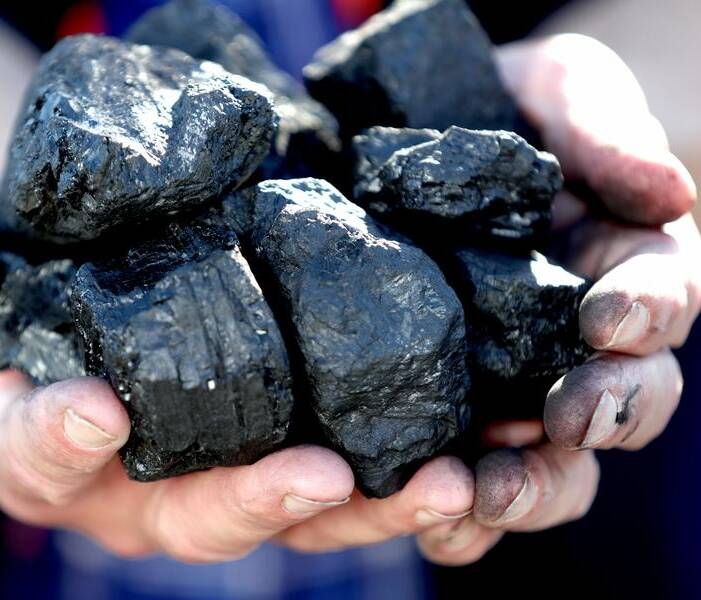
More investors are demanding answers from Australia's largest coal producer Glencore about the risk to its business from the transition to clean energy.
Significant institutional investors are backing a shareholder resolution on thermal coal to be put to the world's biggest coal trader at next month's annual general meeting.
The initial co-filers of the resolution, including industry superannuation fund Vision Super, were joined on Wednesday by nine mostly Europe-based stakeholders.
Swiss mining giant Glencore, which has operations in the Hunter, NSW and Queensland, was already on notice after nearly one quarter of shareholders rejected its climate plan at the last AGM.
"Glencore has been playing cat-and-mouse with its stakeholders on environmental issues for several years," Simona Campioni, senior analyst at EFG Asset Management, said.
"The time has come to give up coal expansion projects once and for all."
She said the sustainable profile of EFG's investments depends on Glencore's willingness to show "in a tangible and documented way" how its business aligns with limiting global warming to 1.5C.
The independent Australasian Centre for Corporate Responsibility (ACCR) said a recent bid from Glencore to merge with North American giant Teck and split off coal highlights how crucial it is for all existing and potential future investors to have clear disclosures.
Glencore wants to create a standalone CoalCo with Teck's steelmaking coal arm and a separate MetalsCo, but Glencore's bid has - so far - been rejected by Teck's board.
Teck is Canada's largest diversified mining company and is charging ahead with its own restructure, intending to focus on copper and zinc mining to supply the booming battery minerals supply chain.
Glencore has said CoalCo's combined thermal and coking coal assets would attract strong investor demand.
However, the company has conceded some Teck investors may prefer a full coal exit and others may not want exposure to thermal coal.
ACCR spokeswoman Naomi Hogan said Glencore claimed in the proposed deal it remained committed to the Paris Agreement on climate change and the responsible decline of its thermal coal production.
"If this is the case, then now is the time for Glencore to demonstrate it," Ms Hogan said.
"All long-term investors must have the ability to evaluate the company's exposure to financially material risks in the energy transition."
Glencore has pledged to run down its thermal coal mines by the mid-2040s, expecting them to be depleted by then.
But the resolution demands evidence on how operating for decades aligns with the Paris Agreement on climate change and the International Energy Agency's timetable for phasing out unabated thermal coal.
Thermal coal is burned to produce electricity, and is being replaced by renewable sources of energy such as wind and solar.
Metallurgical or coking coal is used to fire furnaces and refineries, until new technologies and alternative fuels such as liquid hydrogen become commercially viable.
Australian Associated Press







